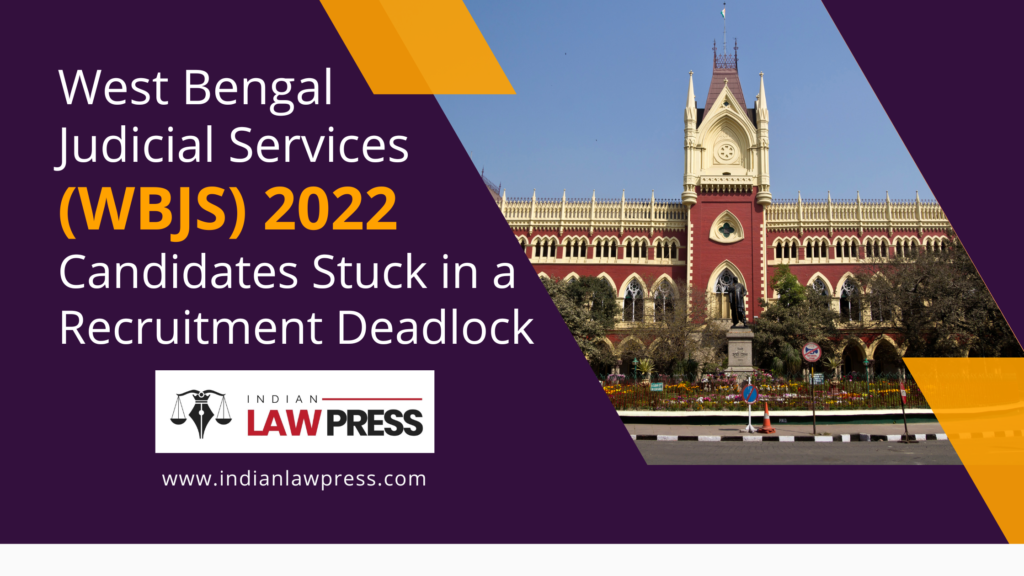Delhi High Court will hear a plea challenging NHAI’s decision to use CLAT-PG scores for recruiting legal professionals. Know the key arguments, court’s observations, and why this case matters.
Introduction
The Delhi High Court is set to hear a significant petition on September 8, questioning the National Highways Authority of India’s (NHAI) decision to use CLAT-PG scores as a criterion for recruiting legal professionals. The case has drawn attention from the legal and academic communities, as it raises critical questions about the fairness and validity of recruitment practices in government bodies.
Background of the Petition
The matter was placed before a bench comprising Chief Justice Devendra Kumar Upadhyaya and Justice Tushar Rao Gedela, who granted time to NHAI’s counsel to seek instructions from the authority.
The petition was filed by advocate Shannu Bahgel, who argued that the Common Law Admission Test (CLAT) for postgraduates is specifically designed to assess candidates’ merit for admission into LLM programmes, and not to determine their suitability for public employment.
Key Arguments in the Petition
- Mismatch of Purpose – The petitioner pointed out that CLAT-PG is intended to evaluate academic merit for higher education, not professional competence for providing legal services.
- Arbitrary Recruitment Process – NHAI’s August 11 notification sought applications for 44 Young Professionals (Legal) based solely on CLAT-PG 2022 and later scores. This, according to the plea, creates an irrational and arbitrary selection method.
- Exclusion of Qualified Candidates – The notification excludes many law graduates and practising advocates who may be well-qualified but did not appear for CLAT-PG in 2022 or subsequent years. As a result, a large pool of capable professionals is left out of the recruitment process.
Court’s Observation
During the preliminary hearing, the bench orally noted that the objective of CLAT-PG is to test eligibility for higher legal studies, and not for recruitment in public service roles. The matter will now be heard in detail on Monday, September 8.
Why This Case Matters
This petition is not just about a single recruitment notification—it highlights a larger debate on how government institutions should recruit legal professionals. Should employment opportunities depend on an entrance exam meant for higher education, or should there be separate, fair, and inclusive selection criteria? The outcome of this case may have far-reaching implications for both law graduates and recruitment policies in India.
Also Read: AP Police Recruitment 2025: Apply Online for Assistant Public Prosecutor Posts





